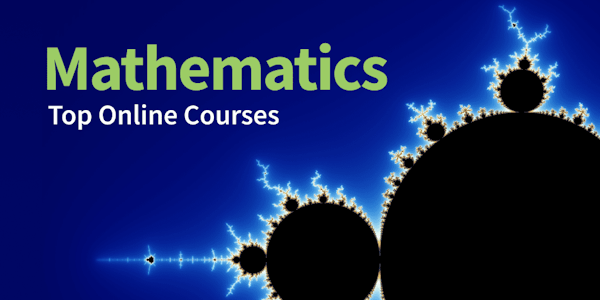This course offers a rigorous mathematical survey of causal inference at the Master’s level.
Inferences about causation are of great importance in science, medicine, policy, and business. This course provides an introduction to the statistical literature on causal inference that has emerged in the last 35-40 years and that has revolutionized the way in which statisticians and applied researchers in many disciplines use data to make inferences about causal relationships.
We will study methods for collecting data to estimate causal relationships. Students will learn how to distinguish between relationships that are causal and non-causal; this is not always obvious. We shall then study and evaluate the various methods students can use — such as matching, sub-classification on the propensity score, inverse probability of treatment weighting, and machine learning — to estimate a variety of effects — such as the average treatment effect and the effect of treatment on the treated. At the end, we discuss methods for evaluating some of the assumptions we have made, and we offer a look forward to the extensions we take up in the sequel to this course.
Overview
Syllabus
- MODULE 1: Key Ideas
- Module 2: Randomization Inference
- MODULE 3: Regression
- Module 4: Propensity Score
- Module 5: Matching
- Module 6: Special Topics
Taught by
Michael E. Sobel






